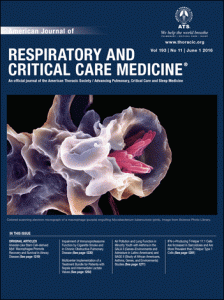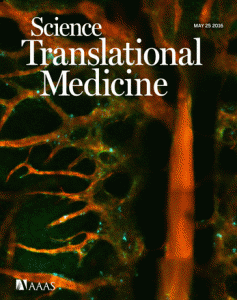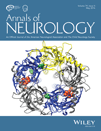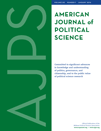
Researchers have fixed a number of papers after mistakenly reporting that people who hold conservative political beliefs are more likely to exhibit traits associated with psychoticism, such as authoritarianism and tough-mindedness.
As one of the notices specifies, now it appears that liberal political beliefs are linked with psychoticism. That paper also swapped ideologies when reporting on people higher in neuroticism and social desirability (falsely claiming that you have socially desirable qualities); the original paper said those traits are linked with liberal beliefs, but they are more common among people with conservative values.
We’re not clear how much the corrections should inform our thinking about politics and personality traits, however, because it’s not clear from the paper how strongly those two are linked. The authors claim that the strength of the links are not important, as they do not affect the main conclusions of the papers — although some personality traits appear to correlate with political beliefs, one doesn’t cause the other, nor vice versa.
In total, three papers have been corrected by authors, and a correction has been submitted on one more.
We’ll start with an erratum that explains the backstory of the error in detail. It appears on “Correlation not Causation: The Relationship between Personality Traits and Political Ideologies,” published by the American Journal of Political Science: Continue reading Conservative political beliefs not linked to psychotic traits, as study claimed
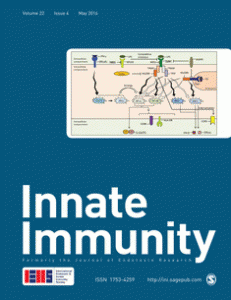 A researcher faked data and a masters degree, according to an investigation by Columbia University.
A researcher faked data and a masters degree, according to an investigation by Columbia University. Pro-life activists have asked JAMA to retract a 2005 paper that suggested
Pro-life activists have asked JAMA to retract a 2005 paper that suggested 

